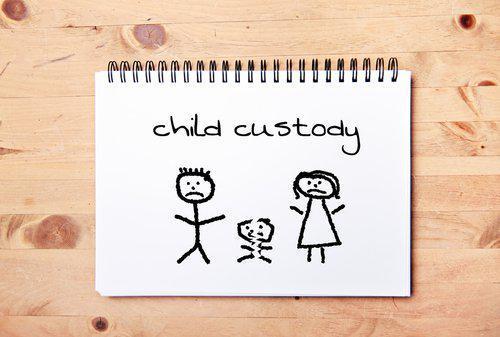Child Custody Modification in Texas
 Even though a considerable amount of time and effort are poured into complex custody orders, they are not meant to last forever. In fact, as a rule of thumb, most such orders should be modified at least one every three or four years, to keeps pace with a family's changing needs.
Even though a considerable amount of time and effort are poured into complex custody orders, they are not meant to last forever. In fact, as a rule of thumb, most such orders should be modified at least one every three or four years, to keeps pace with a family's changing needs.
Frequent modification is important, because "side agreements" are always unenforceable in family court, even if they are in writing. Many parents come to rely on these understandings, such as a different visitation schedule or pickup time. Then, when the other parent suddenly decides to go back to the way it was, they are left without recourse.
Basis for Modification
The movant (party seeking change) has the burden of proof to show need for the change by a preponderance of the evidence, meaning more likely than not. There are three grounds in Section 156.101, and all three have gray areas.
A court can modify an order if the circumstances of at least one party or child have "materially and substantially changed" since the order was entered. This phrase is not defined, although there are some hints in the statute. Section 156.104 states that a family violence conviction is a material and substantial change; other significant events, like a remarriage, medical diagnosis, re-divorce, or out-of-area relocation, would seem to fall into that category.
Next, children 12 or over may designate a choice of conservator. It is a bit unclear whether the attorney ad litem, if there is one, can be part of this process. The judge also has an absolute veto power.
Finally, a motion can be based on voluntary relinquishment of at least six months. Typically, the six months must be nearly interruption-free: a week or weekend here or there is usually insufficient. But a more common issue arises when a custodial parent lives with a third party, like the child's grandparents. At what point does frequent babysitting and help with the bills cross the line to relinquishment?
Emergency Modification
If the motion to modify is brought within one year of the prior order, the movant has the additional burden to show that:
- The custodial parent voluntarily relinquished care and control;
- There is a significant danger to the children's physical health or emotional development; or
- The movant is the custodial parent.
In all three cases, the requested modification must be in the best interest of the children.
For prompt assistance in this area, contact an aggressive Williamson County complex custody lawyer for a confidential consultation. Mr. Powers is a Board Certified family law expert.
Source:
http://www.statutes.legis.state.tx.us/Docs/FA/htm/FA.156.htm




 512-610-6199
512-610-6199
